Drought takes toll on Romanian agriculture
This years severe drought has affected both crops and the navigation on River Danube.

Bogdan Matei, 03.08.2015, 13:06
Scarce rainfall accompanied by extremely hot weather have caused a
severe crisis in Romania’s agriculture, causing damage to over a quarter of the
total crops, farmers’ representatives have announced. Drought has caused most
damage to the corn production, followed by the sunflower and soybean crops. The
most affected area is Moldavia, in the east of Romania, although the heat wave
has also wreaked havoc on Dobrogea in the southeast, Banat in the southwest and
Crisana in the northwest.
Laurentiu Baciu, the chair of the Agricultural Producers in Romania, says
production will be 25 to 30% lower than in 2014, causing losses of two billion
euros. He says that under the circumstances, farmers cannot prepare for next
year and has criticised banks’ lack of interest in supporting the agricultural
sector and the lack of dialogue with government officials, many of whom are on
holiday.
The authorities have so far pledged support for the smaller-sized crops,
whereas for bigger crops the Ministry of Agriculture must come up with more
comprehensive aid schemes for which they need the approval of the European
Union. Baciu has also criticised the delay in the implementation of support
schemes and the fact that farmers cannot insure their crops against drought or
frost, while aid reaches them with delays.
According to the latest forecasts, the weather remains hot in most of
the regions and rainfalls will be insignificant. So water supplies will be
scarce in almost all the Romanian territory. The subject of heated debates in
recent years, the destruction of Romania’s irrigation network built in the
communist era has again been brought into attention. Costs to restore the
irrigation infrastructure across the country are estimated at almost one
billion euros.
Speaking on behalf of the government, agriculture minister Daniel
Constantin says this type of infrastructure could be funded with European
funds, by having it included in the so-called Juncker plan, a public investment
project named after the head of the European Commission that will pump more
than 300 billion euros into Member States’ economies. Constantin says he is
also considering a political parliamentary agreement to pass new legislation on
the rehabilitation of the country’s irrigation system in the next five years.
The river Danube, once the main source of water
for the irrigation network, has also been affected by the prolonged drought,
the water level being close to its lowest ever. At Bazias, where the Danube
enters Romania, the water level is almost half the average rate, while in
Galati, Romania’s main port on the Danube, a group of sand islands have popped
up right in the middle of the river. Experts say the Danube’s water level will
continue to drop in the following days.






























